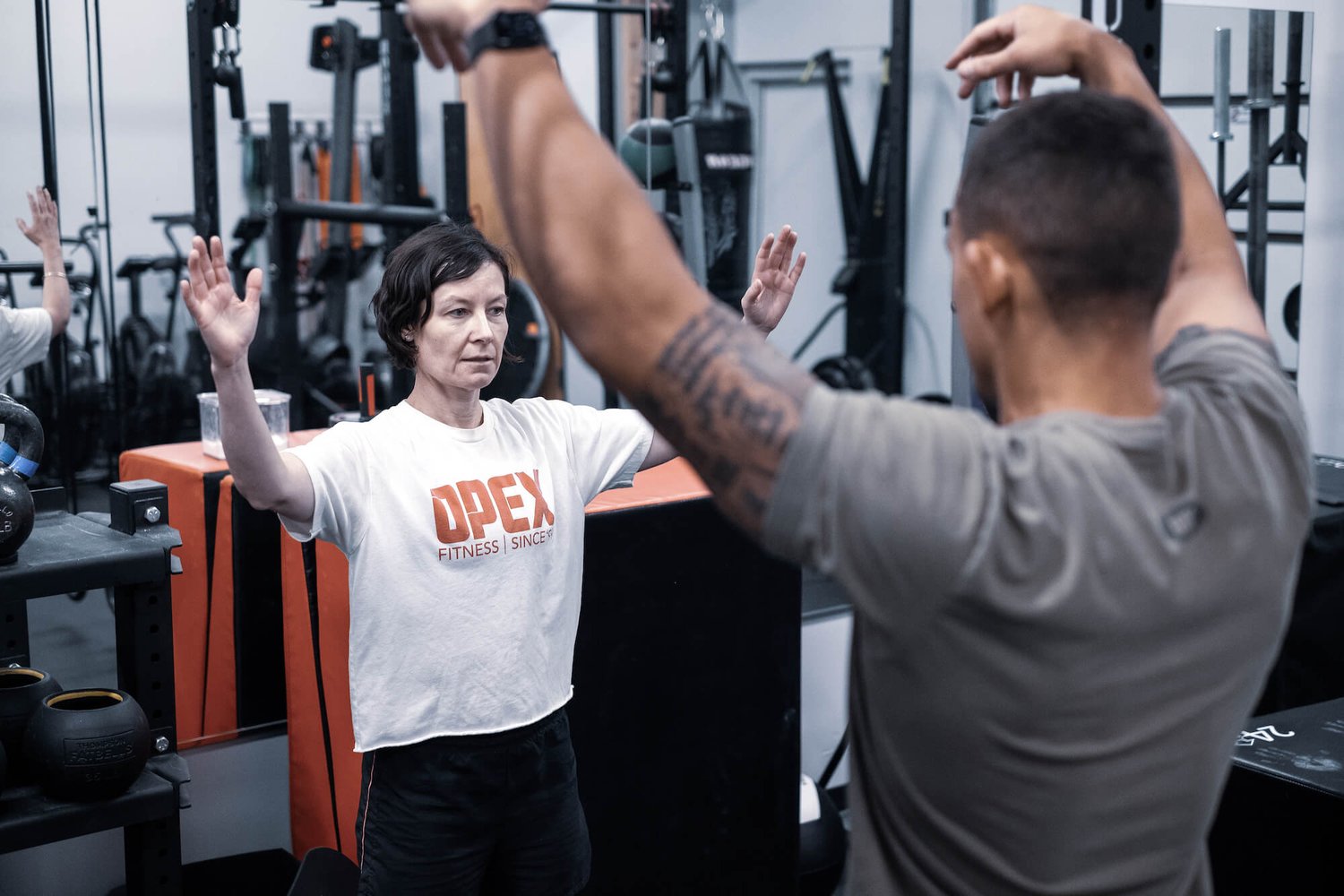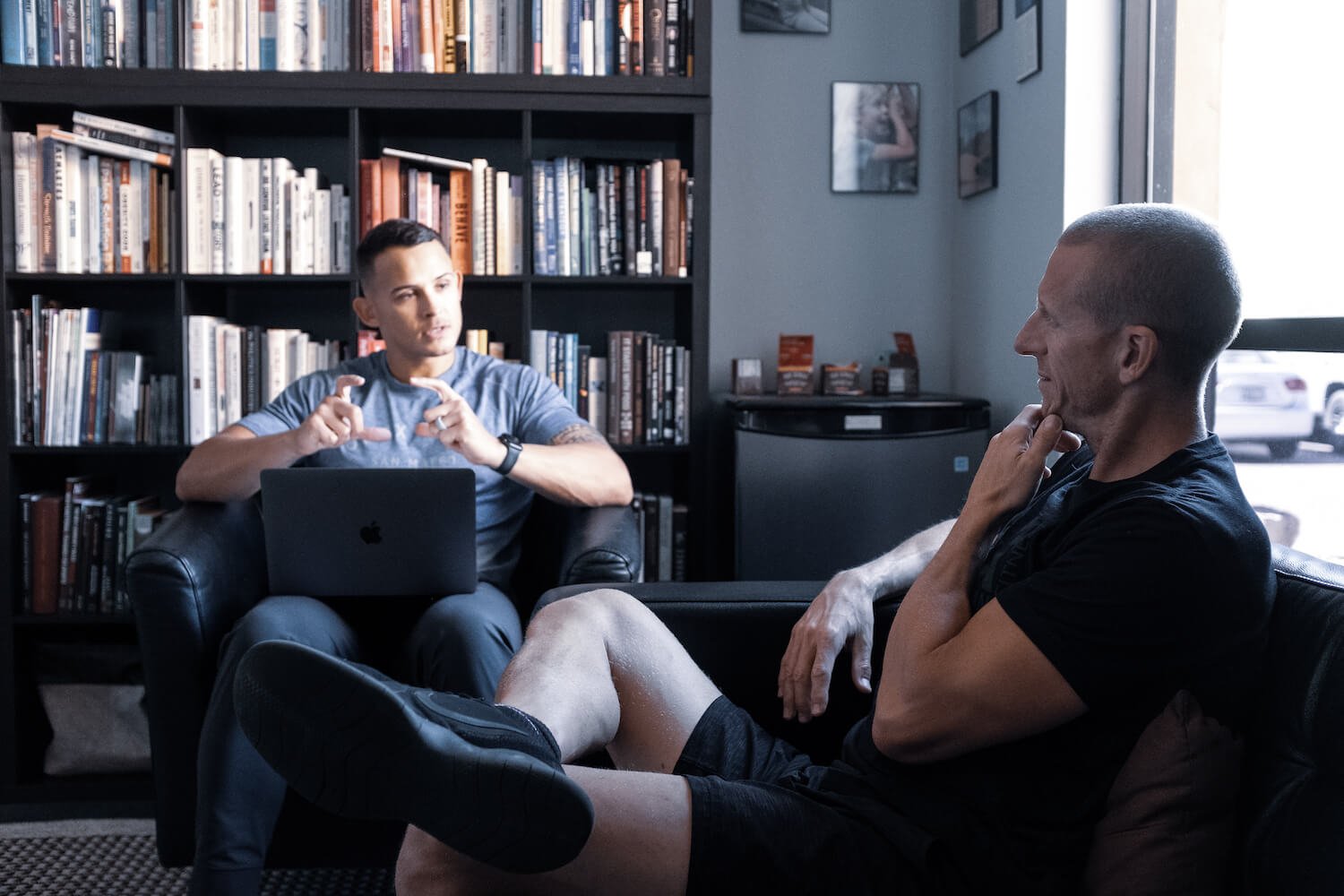
A coach’s role transcends mere exercise planning or motivation provision. It revolves around nurturing a connection between the coach and client. This involves aiding clients in defining attainable goals and extending guidance, support, and occasional challenges. This coaching relationship thrives on consistent assessments, progress monitoring, and accountability.
Recognizing assessment as an indispensable tool equips fitness coaches with the essential information needed for success with each client. By embracing an assessment-first approach, coaches can shape personalized exercise programs, lifestyle adjustments, and nutritional strategies tailored to each client’s distinct needs, capabilities, and goals.
For fitness coaches, the bedrock of their practice should be a well-structured, uncomplicated, and repeatable assessment system. This system should encompass not only physical evaluations but also a comprehensive grasp of a client’s motivations, experiences, aspirations, and values. This holistic viewpoint informs the physical assessment, yielding objective, capacity-specific data.
Now, how can one implement a systematic, straightforward, and consistent assessment process in their coaching practice? Let’s delve into how the OPEX assessment protocol can offer valuable insights and principles to enhance your assessment approach.
Step 1: Initial Consultation
To kickstart the coach-client relationship, begin with a deep dive into the client’s motivations, experiences, goals, and values. In this phase, active listening takes center stage. Instead of showcasing your expertise, concentrate on grasping the client’s unique needs. This stage offers a golden opportunity to truly fathom why the client sought your guidance, what success means to them, and their underlying motivations.
The significance of the initial consultation lies in building rapport, understanding the client’s distinct context, and placing active listening at the forefront. These principles underline the essence of a client-centric approach, where comprehending their starting point stands as the cornerstone of personalized coaching.
Step 2: Body Composition Analysis (OPEX Body)
The second phase revolves around assessing body composition. This provides a window into potential health risks and an overview of one’s overall health status. While it doesn’t serve as the ultimate benchmark, it using an inBody delivers insights into muscle mass, body fat percentage, and basal metabolic rate.
Being aware of body composition can raise awareness of potential health risks linked to excessive body fat, including heightened susceptibility to cardiovascular disease, type 2 diabetes, metabolic syndrome, respiratory challenges, and more. It also provides a benchmark to refer to over time to see how the client responds to the exercise and nutrition program.
Step 3: Movement Screen (OPEX Move)
Step three centers on understanding the client’s movement capabilities through a simple movement assessment. This evaluation includes fundamental patterns such as squatting, lunging, bending, pushing, pulling, and core stability. As well as identifying what the client can do, it also sheds light on how they perform each movement and the areas to prioritize and improve. This serves as the bedrock for crafting tailored resistance programs.
The movement assessment provides nsights into the client’s physical capabilities, highlighting the need for personalized fitness programming. The individual differences you identify allow appropriate and safe progression to help each person reach their potential while reducing risk of injury.
Step 4: Work Capacity Testing (OPEX Work)
Finally, it’s time to evaluate the client’s work capacity, extending beyond physical capabilities to also include emotional resilience. This assessment highlights the interplay between the physical limitations and role of emotions in relation to work capacity. It aids in understanding the client’s overall experience, approach, and resilience, beyond just how many calories they can perform on a 10 minute airbike test.
Assessments are a vital tool for understanding and tracking progress. They reveal the truth about the client’s capabilities, and the coach’s ability to deliver results over time. A systematized and straightforward assessment process serves as the foundation of effective fitness coaching. It provides the vital data necessary for crafting personalized fitness programs that align with each client’s unique requirements.
Learn the OPEX method of assessment in our free guide, The Complete Fitness Assessment. Click here to download it now.




